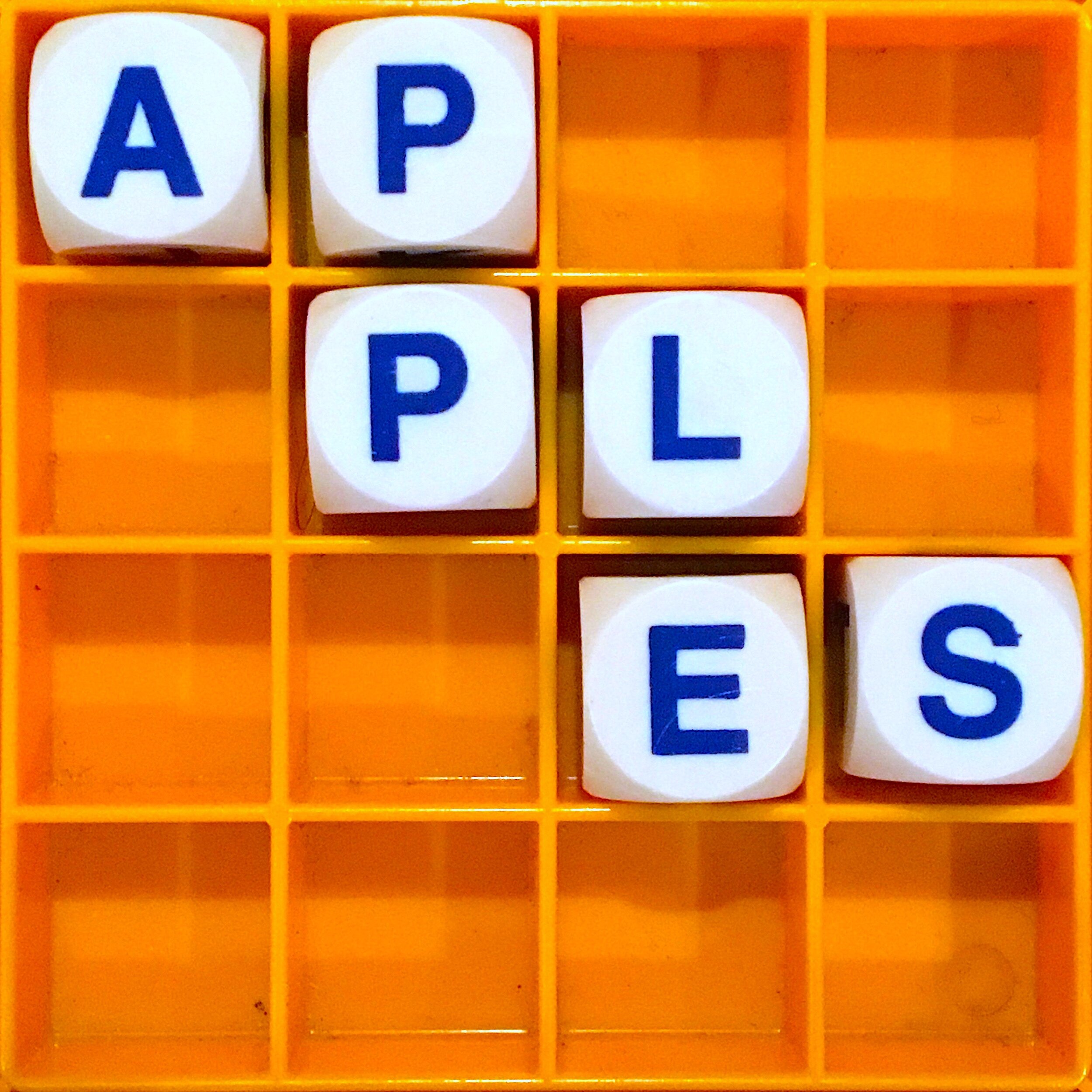EMMA BRIANT: Recognizing someone's humanity is crucial. Calling someone a migrant, calling someone an asylum seeker, calling them a refugee. These are official categories; but in many ways, depending on how they use them, they can change and become more negative. And they also preference how officials are sorting them over their very basic humanity.
Read moreAllusionist 116: My Dad Excavated a Porno transcript
HZ: The Victorians really did a number on people. I feel like we're still unpicking Victorian attitudes.
KATE LISTER: Yes, we are. I mean, we're still very much the children of the Victorians, and they're a fascinating bunch, the Victorians. No generation, at no point in history, has sex been successfully repressed, ever. It just doesn't happen. But what you have is really strict social morality, conditioning and mores and constructs and power dynamics around sex that dictate what we are and what we're not supposed to be doing. And outward facing, they were so repressed and polite society and so offended by everything even remotely to do with sex, to the point of where they wouldn't say the word 'trousers' because they thought they were too rude. They were 'sit down upons'.
Read moreAllusionist 115. Keep Calm and transcript
HZ: Does being told to keep calm work?
JANE GREGORY: I can think of so many ways why it doesn't work.
Allusionist 107. Apples - transcript
KATHRYN GRANDY: After the name was selected and initially growers and even some people from WSU didn't really like the name Cosmic Crisp.
HZ: Oh, why not?
KATHRYN GRANDY: They said it's like The Jetsons, too futuristic.
HZ: Is that bad?
KATHRYN GRANDY: You know, I love the name; and being futuristic and like The Jetsons I think is pretty cool. But the one thing I've learned being in marketing is everybody is an art director. Somebody wanted to named Cosmic Crisp ‘Sparkle’. And to me, that makes me think of dish soap.
Allusionist 104. Words Into Food - transcript
KATE YOUNG: I can travel through what these characters are eating and what they're doing, and travel to places, to countries I've never been, but also to fantastical worlds that I've never been to and versions of this world that feel very different to my own or are 200 years older than this or one hundred years in the future or any of those things
Read moreAllusionist 56+12. Joins & Pride - transcript
To celebrate Pride Month, I’m playing two of the Allusionist episodes that have stuck with me the most during the show’s existence.
Read moreAllusionist 99. Polari - transcript
HZ: In 1982, Princess Anne, the second child of the Queen of England, Olympic Equestrian, is competing at the Badminton Horse Trials.
PAUL BAKER: She's jumping over all these obstacles and oops, she slips and falls in the water off an obstacle. And all of the photographers rush forward to take a photograph, and she tells them to "naff off". Or "naff orf".
HZ: She's not allowed to drop an F-bomb really, she's a royal.
PAUL BAKER: No, but 'naff' was a Polari word.
HZ: Polari. Just a couple of decades before, it would have been unthinkable that someone like Princess Anne would have used a Polari word, or that she would even have known one.
Read moreAllusionist 98. Alter Ego - transcript
Today: three pieces about alter egos, when your name - the words by which the world knows you - is replaced by another for particular purposes.
How did John Doe come to be the name for a man, alive or dead, identity unknown or concealed in a legal matter? Strap in for a whirlwind ride into some frankly batshit centuries-old English law.
At their first bout of the 2019 season, the London Roller Girls talk about how they chose their roller derby names - or why they chose to get rid of one.
The 1930s and 40s were a golden age for detective fiction, which was also very popular and lucrative. Yet writing it was disreputable enough for authors to hide behind pseudonyms.
Allusionist 97. The Future is Now? - transcript
ROSE EVELETH: I couldn't say this to most people, but you probably understand getting obsessed with a phrase, where you're like, "What is this thing that we say that is weird?" And the one that I've been obsessed with for a while is "The future is now".
HZ: This is Rose Eveleth. She makes the podcast Flash Forward, about how certain scenarios might play out in the future. Which may or may not be now.
ROSE EVELETH: I tend to use it most ironically, where like you see something dumb with technology and you're like "Oh, the future is now!" "Oh, an Internet-connected toaster - the future is now!"
HZ: “Social network for dogs!”
ROSE EVELETH: Exactly. Right. And other people I think use it much more straightforwardly, and much more non-ironically, which is like, "Oh, things are happening so quickly. The future is upon us. Things are changing really rapidly. The future is always happening right in front of us. Technology is amazing." There are two ways to say "the future is now": you can say it optimistically, you could be like, "the future is now! Isn't that cool?" Or you could be like, "the future is now, and we're totally screwed.”
I have a tweetdeck column that is just for that phrase "the future is now", just to watch what people are saying. "School buses with Wi-Fi. The future is now". The U.S. Forest Service,
Allusionist 94. Harsh Realm - transcript
MEGAN JASPER: I was the lucky recipient of a telephone call from the New York Times in the early 90s when they were writing a huge piece on Seattle, and they wanted to focus on the grunge lexicon. They wanted terms and phrases and words that we all used in the music scene; words and phrases that you would only know if you are part of the Seattle music scene.
HZ: On 15 November 1992, the New York Times printed an article entitled ‘Grunge - A Success Story’, about how grunge had become the latest big thing - ‘from subculture to mass culture’, as the article put it. In the preceding couple of years, the Seattle music scene had been co-opted by the mainstream, and by this point, record labels were putting stickers on album covers saying ‘Seattle’; just a couple of weeks before the NYT article, Marc Jacobs caused a stir in the fashion industry when he showed his grunge collection for Perry Ellis, after which he both won an award and was fired; Vogue printed a ‘Grunge & Glory’ fashion spread; and Kurt Cobain was photographed wearing a T-shirt printed with ‘grunge is dead’, in case you were wondering whether everyone was pleased with all these developments. And chasing the zeitgeist before it dipped below the horizon, there was the New York Times.
“When did grunge become grunge?’ the first paragraph went. “How did a five-letter word meaning dirt, filth, trash become synonymous with a musical genre, a fashion statement, a pop phenomenon?”
Immediately, you notice an error: ‘grunge’ is a six-letter word, not a five-letter word. But that’s just your warm-up error; don’t peak too early.
Read on, and there’s a sidebar entitled “Lexicon of Grunge: Breaking the Code”, “coming soon to a high school or mall near you”. And there followed a list of grunge slang terms.
bloated, big bag of bloatation – drunk
bound-and-hagged – staying home on Friday or Saturday night
harsh realm – bummer
plats – platform shoes
score – great
Not familiar with any of these terms? No. Nor was anybody.
MEGAN JASPER: What they didn't realize is that no such language really existed. And so I decided to have a little bit of fun with it.
Read moreAllusionist 92. To Err Is Human - transcript
SUSIE DENT: There never has been a golden age when everything was as it should be ever. Even though we tend to think that English is now at its most dumbed down, always; I think every generation has thought that.
Read more2018 Extra Special QUIZ! - interactive transcript
For a bit of fun to celebrate Radiotopia’s 2018 fundraiser, this episode is a wordy quiz for you to play along with as you listen.
Read moreAllusionist 91. Bonus 2018 - transcript
Today’s episode is the annual bonus Allusionist, featuring outtakes from some of this year’s guests saying things that were not necessarily related to the topic of the original episode, or even related to language at all, but I thought, “Hmm! Interesting!” and filed them away until THIS MOMENT.
This is not a typical episode of the Allusionist, so if this is your first time here, welcome! And do try a few different episodes of the show to get a picture. This year there have been episodes about your names, and superhero names; about how swearing can be good for your health, and so can novels; about tattoos, and typing champions; about how the drive to survive sent the Welsh language across an ocean, and the Scots language to hide at home; and many more. Thanks so much for spending time with me over 2018.
Read moreAllusionist 82 A Novel Remedy transcript
When you’re not feeling well, which books do you turn to to make yourself feel better?
I asked this question on the Allusionist Facebook and Twitter, and hundreds of you responded, but a few answers came up again and again:
Terry Pratchett, Douglas Adams, JRR Tolkien.
Makes sense. Science fiction, fantasy: what’s more escapist?
Jane Austen. PG Wodehouse.
Also escapist, thanks to period setting - and, rich people problems not health problems.
Things you read when you were a child: Moomins, What Katy Did, Anne of Green Gables…
Taking you back to a time in your life that perhaps felt safer, or simpler...
...Harry Potter.
Boarding school shenanigans! Wizard problems not real life problems!
And, Agatha Christie.
Poison! Gunshots! Stabbing! Hang on, why would stories about murder make us feel better?
Well, they’re kind of supposed to make you feel better.
Read more














